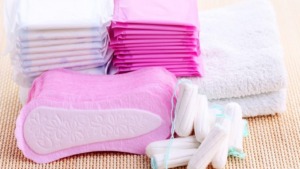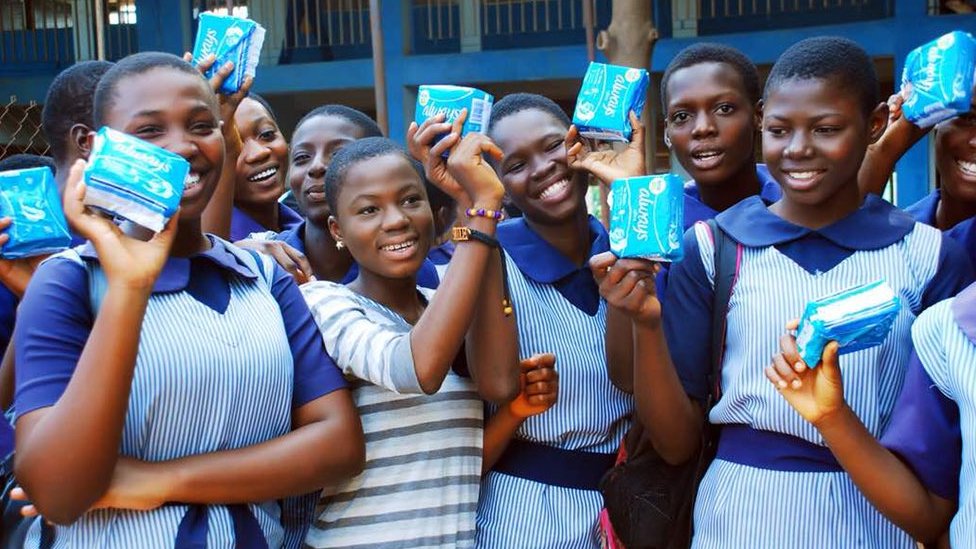Menstrual health and hygiene have emerged as significant concerns affecting the education and well-being of young girls in secondary schools across Nigeria. While progress has been made to address these issues, challenges still persist. Recognizing the urgency of the situation, stakeholders are working together to implement comprehensive solutions that empower girls and ensure their uninterrupted education.
One of the primary concerns surrounding menstrual health and hygiene is the lack of knowledge and awareness among girls themselves. Due to cultural taboos and limited access to information, girls often lack accurate knowledge about their bodies and menstruation. This knowledge gap can lead to fear, confusion, and embarrassment, adversely affecting their self-esteem and educational performance.
Although yet to be incorporated by several institutions, some educational institutions and government bodies are taking proactive measures to integrate menstrual health education into the school curriculum to address this concern. By providing girls with age-appropriate and comprehensive information about menstruation, reproductive health, and personal hygiene, they can develop a better understanding of their bodies and menstrual cycles. This knowledge empowers them to manage their menstruation with confidence, ensuring they can focus on their studies without anxiety or disruption.

Menstrual health and hygiene
Another critical concern is the lack of access to affordable and hygienic menstrual products. Many girls struggle to obtain sanitary pads or other menstrual hygiene products due to financial constraints, which often leads to absenteeism during their periods. To alleviate this burden, the government must create initiatives that are implemented to provide free or subsidized sanitary products in secondary schools. By ensuring a constant and accessible supply of these essential items, the aim is to remove the financial barrier that hinders girls’ attendance and academic progress.
Additionally, there is a need to create safe and supportive environments within schools to address the specific challenges girls face during menstruation. Establishing separate, clean, and well-equipped washrooms with facilities for proper disposal of menstrual waste is crucial. Schools are also encouraged to designate safe spaces where girls can rest, change their menstrual products, and seek support from trained staff members or counselors. These safe spaces promote a sense of dignity, privacy, and comfort, enabling girls to manage their menstruation effectively while minimizing any potential embarrassment or discomfort.
Community involvement and engagement are vital components of addressing menstrual health and hygiene concerns. Parents, teachers, and community leaders play an essential role in breaking down cultural barriers, dispelling myths, and creating a supportive environment for girls. It is essential to foster open conversations and provide accurate information to combat stigma and promote understanding. Engaging parents in discussions and workshops can help them support their daughters’ menstrual health needs and contribute to an inclusive and empathetic community.
Guidance and counseling services are essential in supporting young girlsn secondary schools also. Trained professionals provide a safe space for girls to discuss their concerns, ask questions, and seek guidance regarding menstrual health. This support can help girls navigate physical and emotional challenges associated with menstrual health, empowering them with the knowledge and confidence to manage their menstrual health effectively.
Furthermore, partnerships between government agencies, NGOs, and private sector organizations must be forged to ensure sustainable solutions. These collaborations should aim to improve infrastructure, supply chains, and distribution networks for menstrual hygiene products. By combining resources and expertise, stakeholders can reach a larger number of girls, extend support to remote areas, and strengthen the overall impact of their interventions.
In conclusion, addressing menstrual health and hygiene concerns among young girlsn secondary schools requires a multi-faceted approach. By integrating comprehensive education, providing access to affordable menstrual products, establishing safe spaces, and fostering community engagement, stakeholders are actively working towards a future where menstruation is no longer a barrier to girls’ education and well-being. Through these concerted efforts, Nigeria is taking significant strides towards empowering young girls, promoting gender equality, and creating an inclusive society where every girl can thrive without compromise.




👌🏾